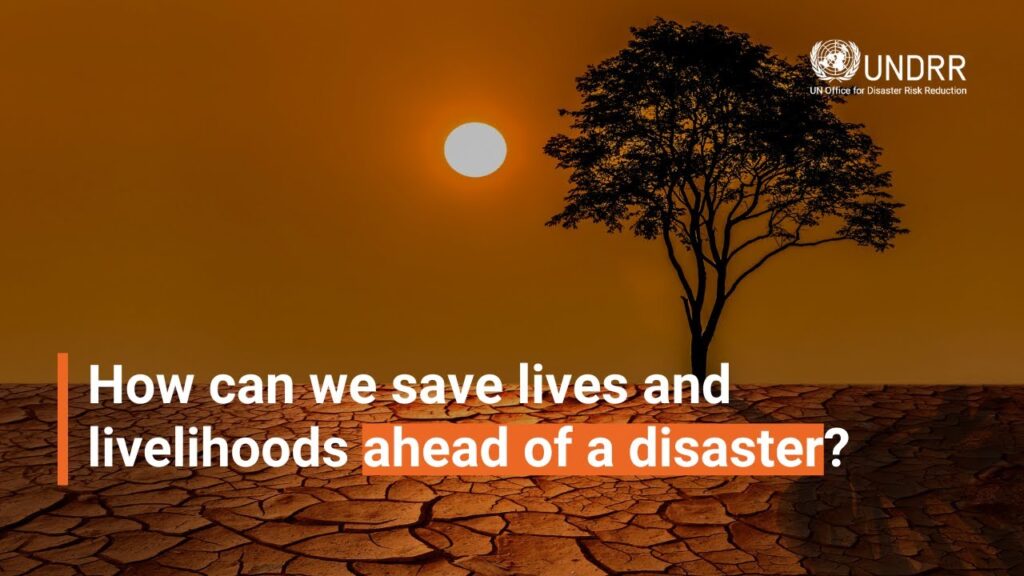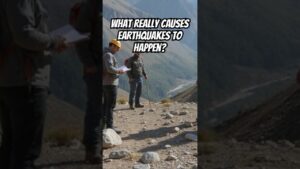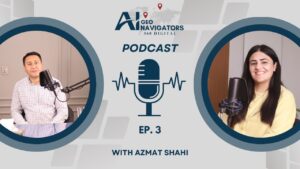
In southern Africa, droughts don’t have to mean disaster. The World Food Programme (WFP) is transforming the way we respond to climate challenges with anticipatory action—using forecasts up to 6 months ahead and real-time data to act before a crisis strike.
🌱From drought-resistant seeds to boreholes and cash transfers, these proactive steps are saving lives and protecting livelihoods. This collaborative approach shows how preparedness can empower communities and build resilience against the impacts of drought.
🤝 Let’s work together for a safer, stronger future!
************
Subscribe to UNDRR on YouTube: https://www.youtube.com/channel/UCUw0G3AdE_0EDhcDPlJtJyA?sub_confirmation=1
Captions: Where possible we provide additional captions to make our videos more accessible to those who use assistive technology, such as screen readers. If you don’t require the captions they can be toggled off using the CC button, usually at the bottom of the video display.
About UNDRR:
The United Nations Office for Disaster Risk Reduction (UNDRR) has a big ambition: to help decision-makers across the globe better understand and act on risk. At UNDRR, we believe there is no such thing as a natural disaster. A natural hazard, such as a hurricane, earthquake, tsunami, or flood, only becomes a disaster when it impacts a community that is not adequately protected and whose population is vulnerable as a result of poverty, exclusion, or social disadvantage. We envision a world where disasters no longer threaten the well-being of people and the future of the planet. Sustainable development and the 2030 Agenda cannot be achieved without working towards the goal of building resilience.
Learn more about UNDRR: https://www.undrr.org/
Learn more about disaster risk reduction: https://www.preventionweb.net/
Sign up for updates: https://www.undrr.org/subscribe-undrr-updates
Follow:
https://www.linkedin.com/company/undrr/
https://twitter.com/UNDRR
https://www.facebook.com/unisdr
source



